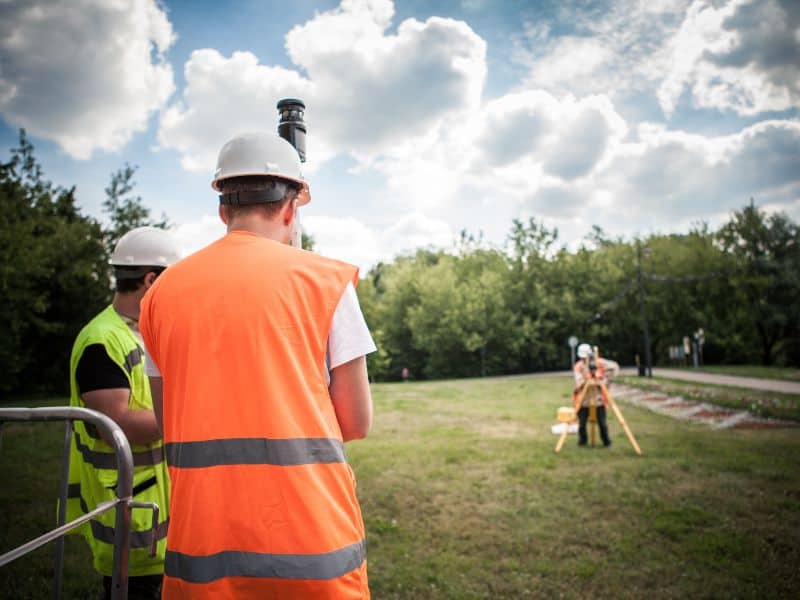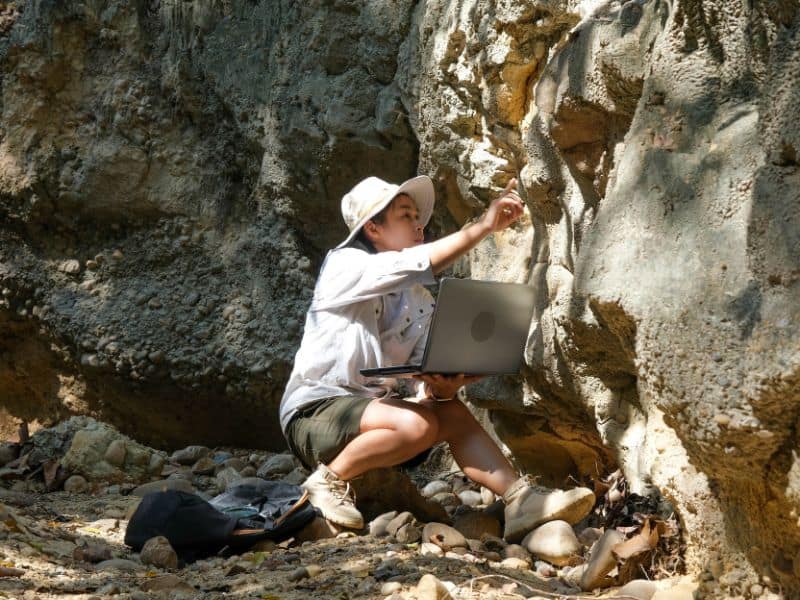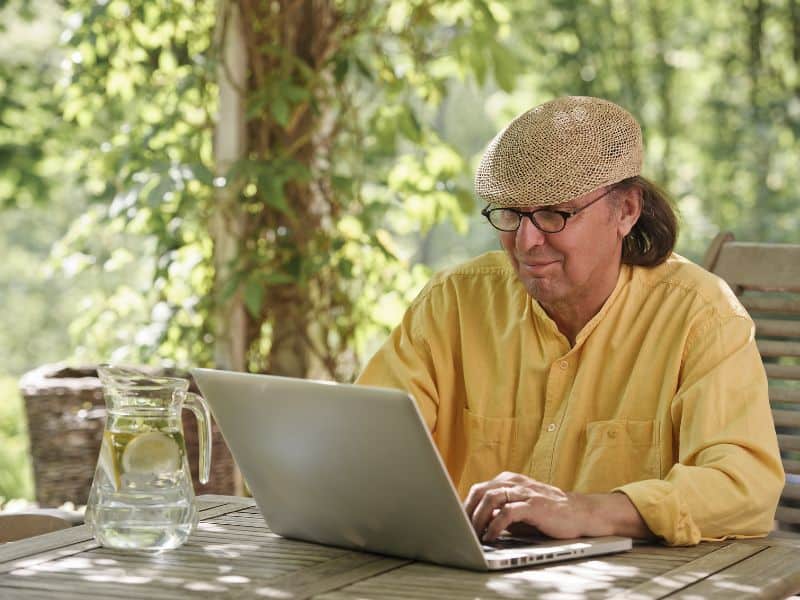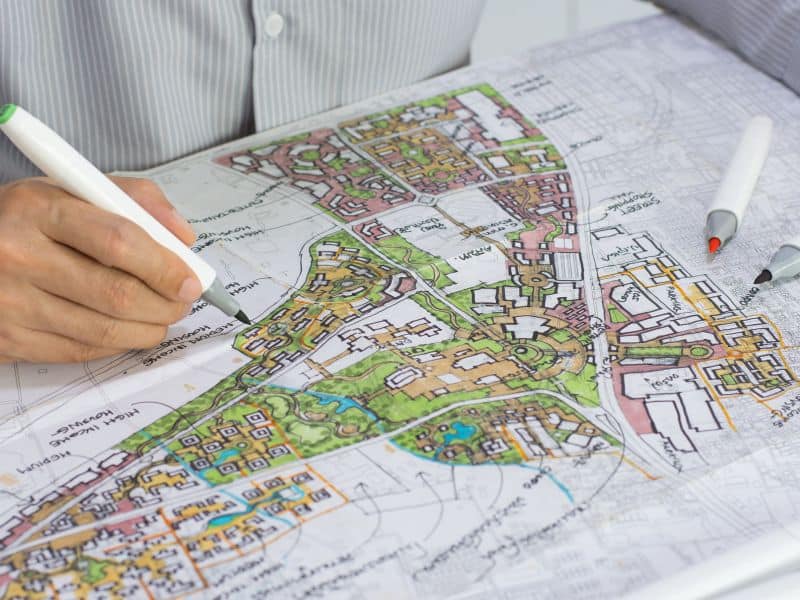It can be hard to pinpoint your skills, particularly if you’re in the earlier stages of your career and have more education than work experience. However, it’s important to remember that not all skills are unique to the working environment. You may have skills that you employ on a regular basis outside of work. For example, you may run your local sports club or reading group, or maybe you’ve organised charity events or litter picks. You may have experience of managing budgets for events in your friendship group, or perhaps you were a member of a university society. Lots of experiences outside of work develop your transferable skills.
Breaking down green skills
When we talk about skills, it is important to differentiate between technical and transferable skills. Green skills cover both.
Transferable skills
Transferable skills are referenced throughout the Green Careers Hub, and these are the skills that can be applied across a wide range of jobs. Examples here could include strategic thinking, project management, decision-making, leadership, and effective communication.
Transferable skills, often referred to as soft skills or employability skills, can be applied through formal study and training, but are often developed throughout a career.
According to a report by the World Economic Forum, “Analytical thinking and creative thinking remain the most important skills for workers in 2023.”
Technical knowledge
Technical knowledge is specialised and specific, often required to perform certain tasks or jobs. Examples here could include an understanding of health and safety, environmental auditing, tree harvesting, and teaching.
Technical skills are often learnt through formal study or training, but can also be learnt on the job.
Identifying your strengths and growth areas
Most people will have many more skills than they realise. When it comes to job applications, it’s just a case of talking about these in the right way. Use the tips below to create a list of where your strengths lie.
Refer back to your current job description and think about what you do on a day-to-day basis
When applying for jobs, try to link your skills and knowledge to specific scenarios so that you have key examples of using the skills in practice
Consider skills you use outside of the workplace that could be applied in a work environment
Ask your friends and colleagues about your skills strengths
Skills gaps?
Perhaps you’re considering applying for a new role, but feel like you are missing some of the skills or knowledge required.
Think about the skills you could develop in your current role – is there an opportunity to take on new projects or responsibilities? Can you do any formal training to increase your knowledge?
Can you get involved with activities outside of work to develop these skills?
Use tools, such as the IEMA Sustainability Skills Map or the UK government national skills assessment, to identify your skills.
The IEMA 'How To' series
IEMA’s ‘How To’ series of digital events is designed to support members from every industry, every country, and every background. Currently in its third year, this webinar series has helped IEMA members from across the globe to develop key employability skills so that they can continue to drive positive change within their professions.
The webinars cover subjects such as presentation skills, communicating complex topics, and project management. Lasting 45 minutes each, these Continuing Professional Development (CPD) recognised webinars are easily digestible and accessible, no matter which stage you’re at in your career.
Find out more about the ‘How To’ series and upcoming webinars here.
The importance of digital skills
There are some essential digital skills that are important in most roles, including the use of Microsoft Office, the internet, emails and social channels. Principally, digital skills are those that involve using a digital device such as a mobile phone, tablet or computer.
There’s lots of online support to help you through this, and it’s something that is often developed through lots of practice.

Want to know more?
Created by
IEMA is the membership body for environment and sustainability professionals



